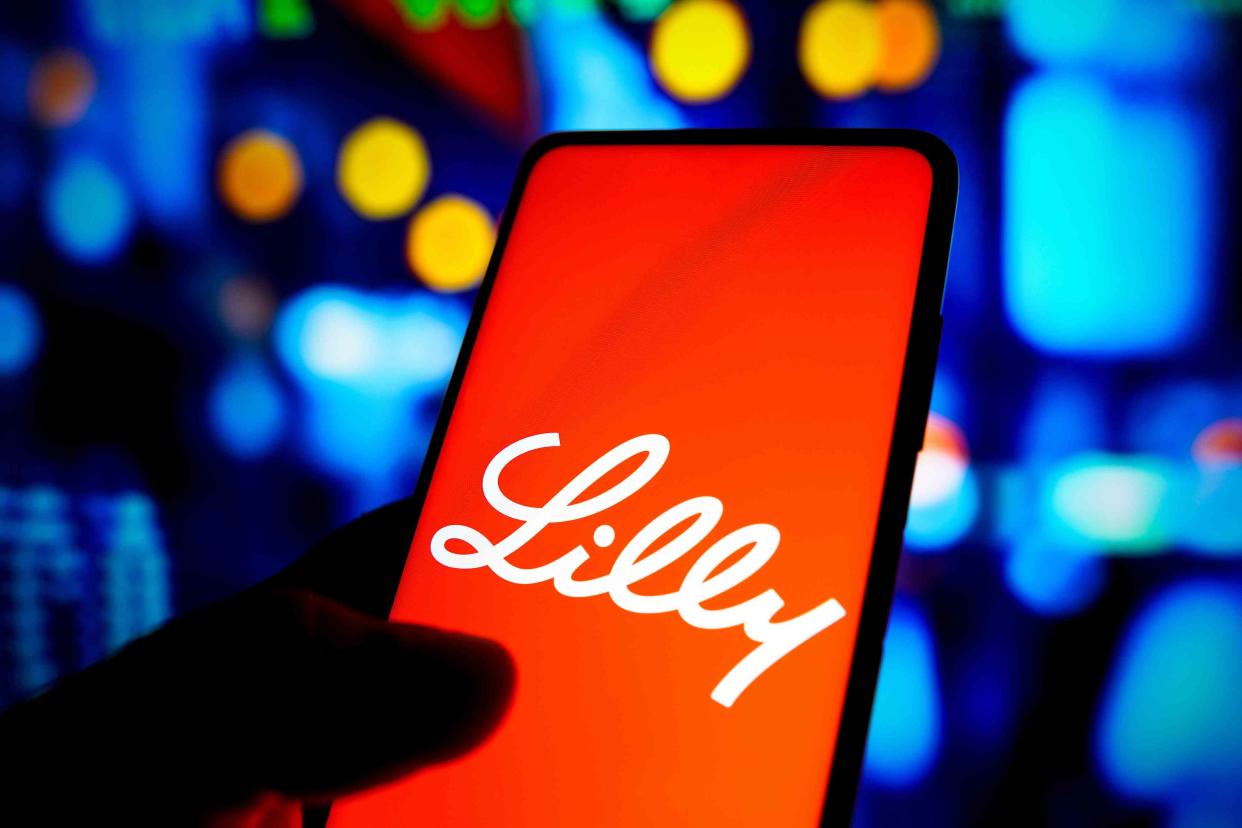You Can Now Get This Weight Loss Medication Directly From the Manufacturer

Fact checked by Nick Blackmer
Key Takeaways
Eli Lilly, maker of weight loss drug Zepbound, has launched a telehealth service called LillyDirect.
At the time of launch, the service can facilitate care for obesity, diabetes, and migraine.
While the telehealth companies Lilly is partnering with can prescribe any medications, consumers will reap the most benefits from the platform if they are prescribed Lilly-manufactured drugs.
Eli Lilly is the first pharmaceutical company to introduce direct-to-consumer (DTC) health care. Last week, Lilly introduced LillyDirect, a telehealth service that connects patients with providers for conditions that can be treated with one of several of Lilly’s drugs, including Zepbound for obesity and overweight.
For now, LillyDirect is only for patients with obesity, migraine, or diabetes.
“A complex U.S. healthcare system adds to the burdens patients face when managing a chronic disease. With LillyDirect, our goal is to relieve some of those burdens by simplifying the patient experience to help improve outcomes,” said David A. Ricks, Lilly’s chair and CEO, in a statement.
Lilly has employed different telehealth companies to service each condition: Form for obesity, Cove for migraine, and 9amHealth for diabetes. LillyDirect can also connect patients with an in-person provider for each condition, as well as facilitate prescription home delivery—if the prescription is for a Lilly-manufactured drug.
Medication options offered through the pharmacy arm of LillyDirect are limited to Zepbound, an injectable weight loss drug, Emgality, an injection to treat migraine, and several insulin products to treat diabetes. More drugs are expected to be added.
Zepbound: New and In-Demand
LillyDirect offers another way to access the popular and highly effective tirzepatide. The drug, marketed as Mounjaro for type 2 diabetes and Zepbound for weight management, earned FDA for the latter in November 2023. It’s even more effective than its rival, semaglutide, marketed as Ozempic for type 2 diabetes and Wegovy for weight management. The efficacy of these drugs has made them hugely popular, contributing to shortages—compounded by the fact that the diabetes drugs are often prescribed off-label for weight loss.
Takeaway
While Lilly manufactures both Zepbound and Monjaro, Mounjaro is not currently an option on LillyDirect.
Patients who are interested in Zepbound can navigate directly to the pharmacy section of LillyDirect. But the platform can be used to manage obesity with or without medication. For instance, you can use the doctor search function to connect with an obesity specialist in your area or connect with an obesity specialist virtually via Form.
Form physicians, according to the company’s website, are trained in obesity medicine and ask to see patient records and to be connected with a patient’s general physician before prescribing treatment. Lilly says Form physicians do not know that patients have come through the LillyDirect portal, are not required to prescribe Zepbound, and are not compensated for prescribing Zepbound.
Patients with insurance may find some to all of the Form costs covered and may only owe a copay determined by the insurance company. Patients without insurance are charged $199 per month for the visits alone, separate from the cost of medication.
According to Lilly, patients who are prescribed Zepbound, specifically, do not pay shipping costs and will see any discount available coupons immediately applied to the cost of the drug.
What’s Next for Pharmaceuticals and Telehealth?
No other companies that make weight loss drugs have announced direct-to-consumer options so far, including Novo Nordisk, which manufactures Ozempic, Wegovy, and Saxenda.
Last week, the American College of Physicians (ACP), which represents internal medicine physicians, released a statement saying that they are “concerned by the development of websites that enable patients to order prescription medications directly from the drugmaker.” The primary concern: “This direct-to-consumer approach is primarily oriented around the use of telehealth services to prescribe a drugmaker’s products.”
While ACP values efforts to remove barriers to care, which is one of Lilly’s stated goals, “they should not devalue the proven benefits of the patient-physician relationship,” the statement said.
Other physicians share concerns with ACP not about the concept of telehealth for obesity treatment, but regarding the need for an established physician relationship for optimal care.
“Obesity as a health condition is ideally suited for management via virtual care,” obesity specialist Dina Hafez Griauzde, MD, an assistant professor at VA Ann Arbor Healthcare System, told Verywell. The weight management clinic she runs is entirely virtual. “This works very well to improve access and follow-ups. However, it is a virtual model embedded in a medical system where we can readily review labs, medications, diagnoses, and more, as well as communicate with patients’ other providers to enhance patient-centered care. The result is coordinated and effective obesity treatment.”
Griauzde, who takes no funding from drug companies that make obesity medications, says that level of patient-centered care is difficult to achieve from a singular service.
“Standalone telehealth obesity medicine companies are problematic because they cannot—even if they say they will—do the above,” she said.
What This Means For You
If you’ve been prescribed Zepbound but are having trouble accessing the medication, connecting with the pharmacy services section of LillyDirect may help you get it.
Read the original article on Verywell Health.

